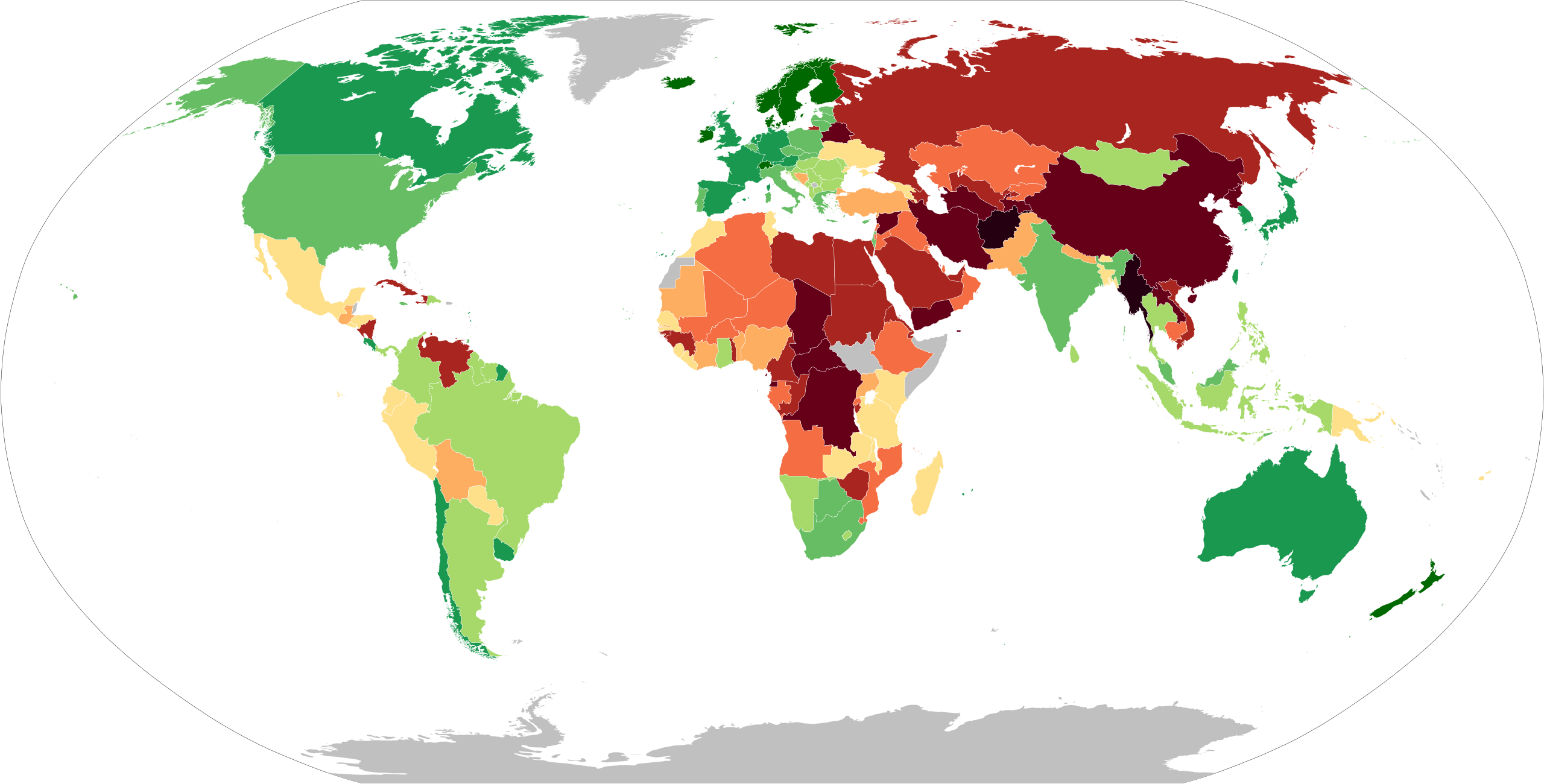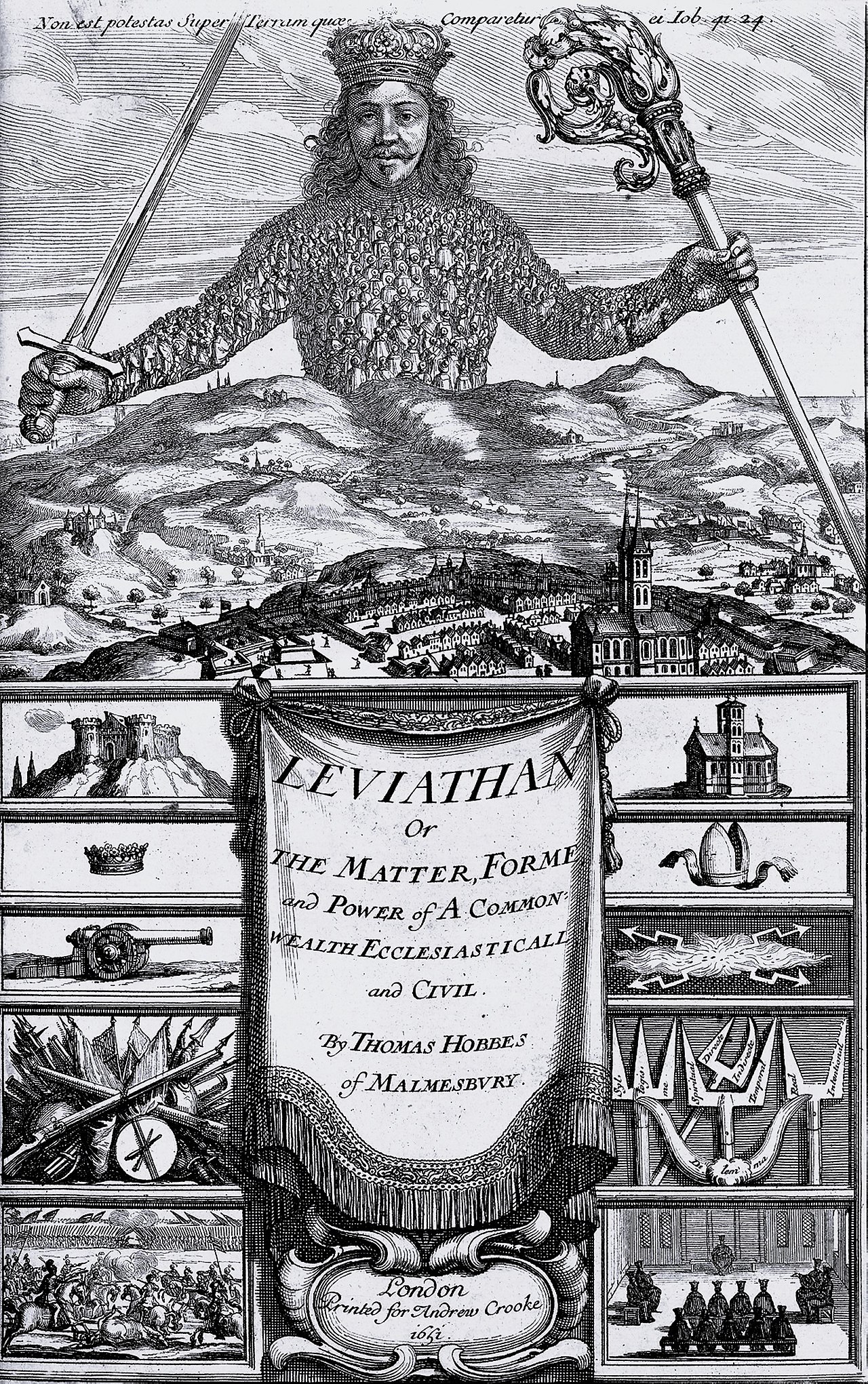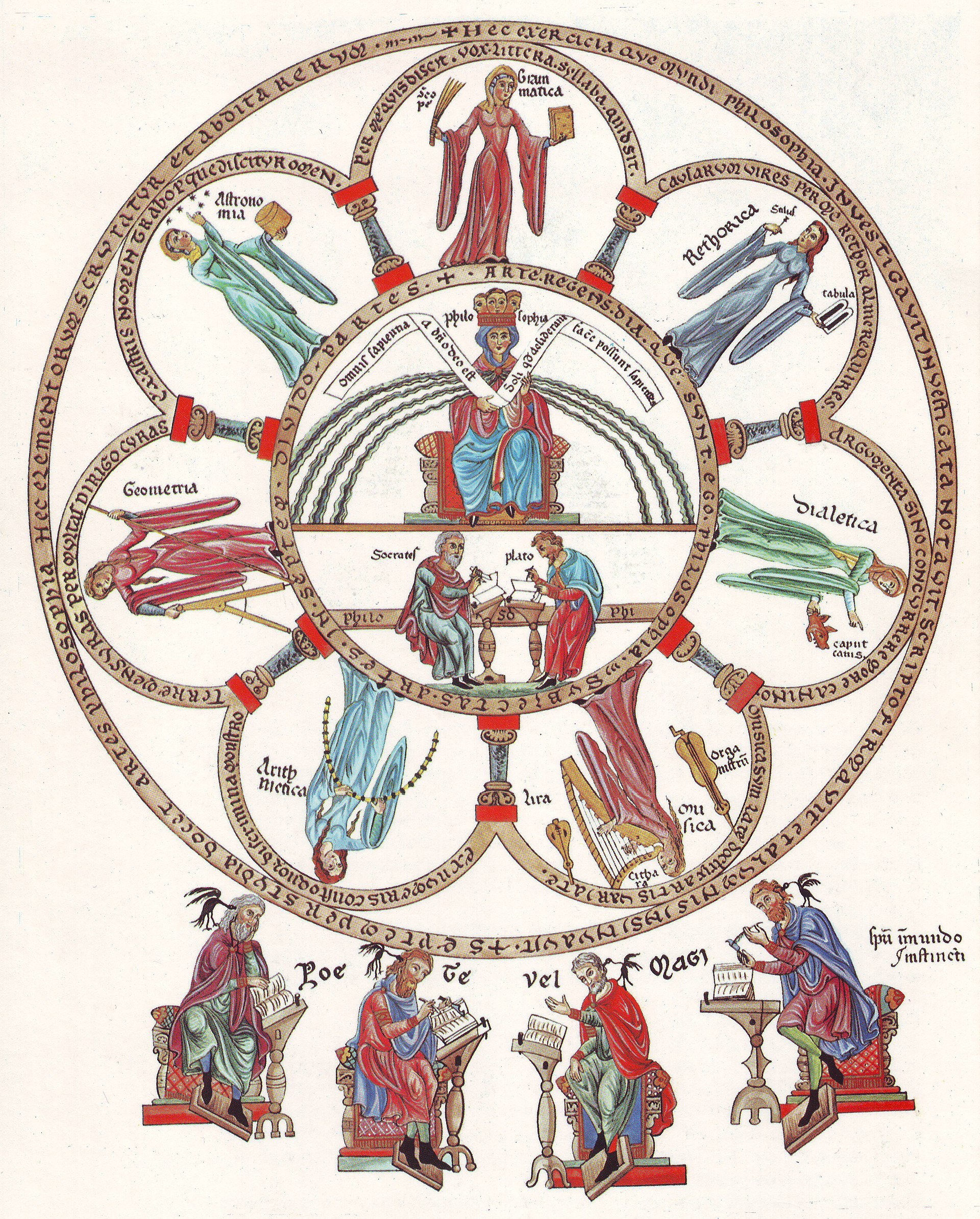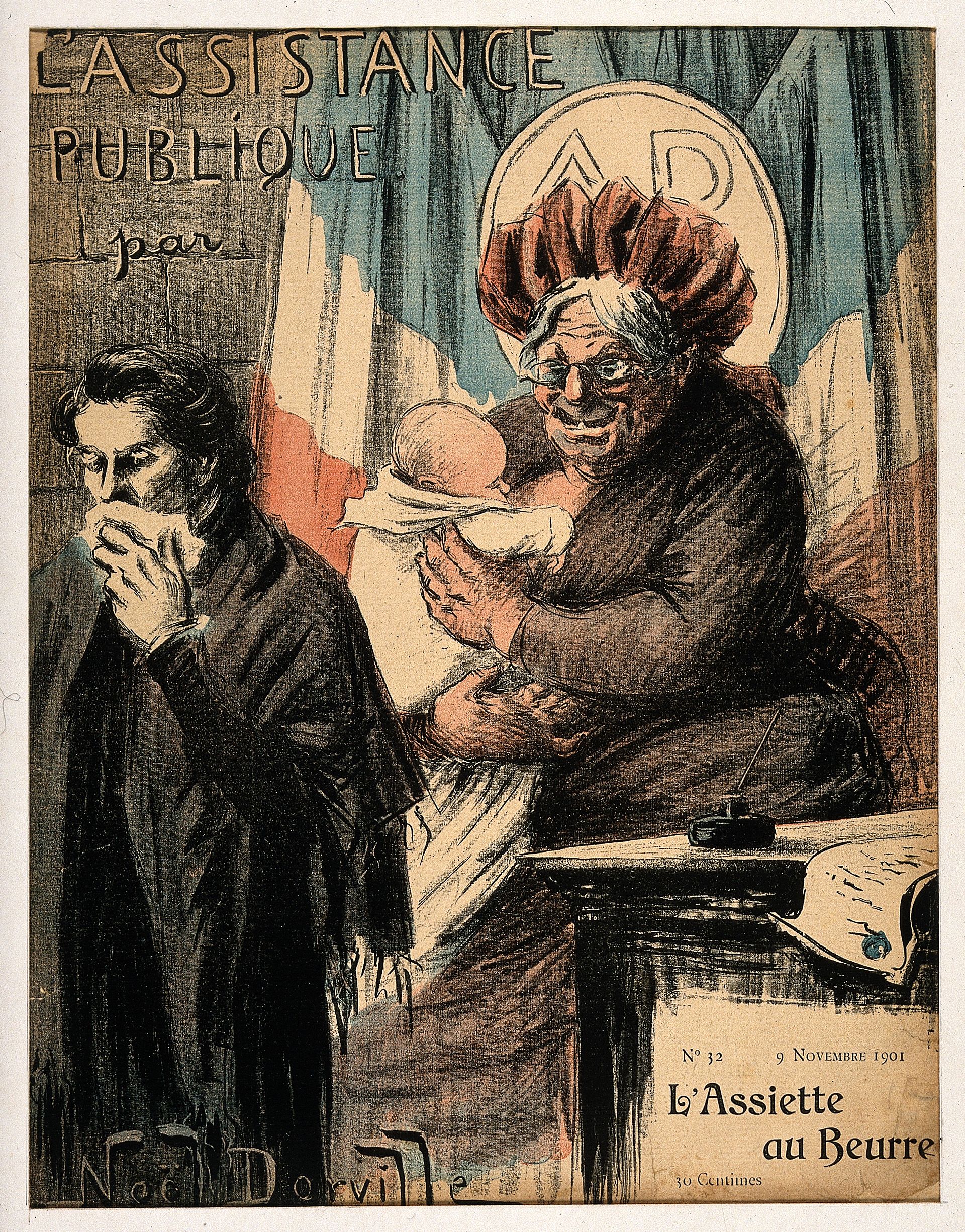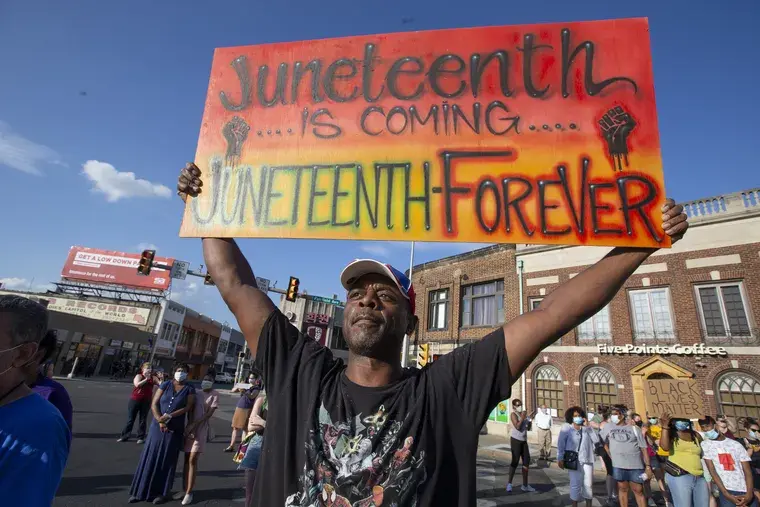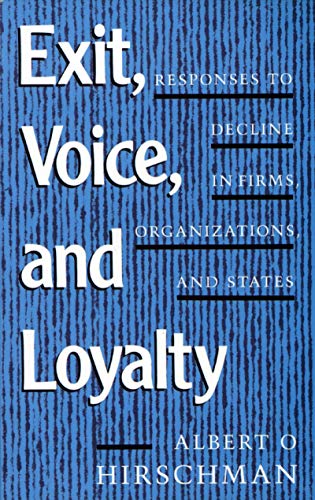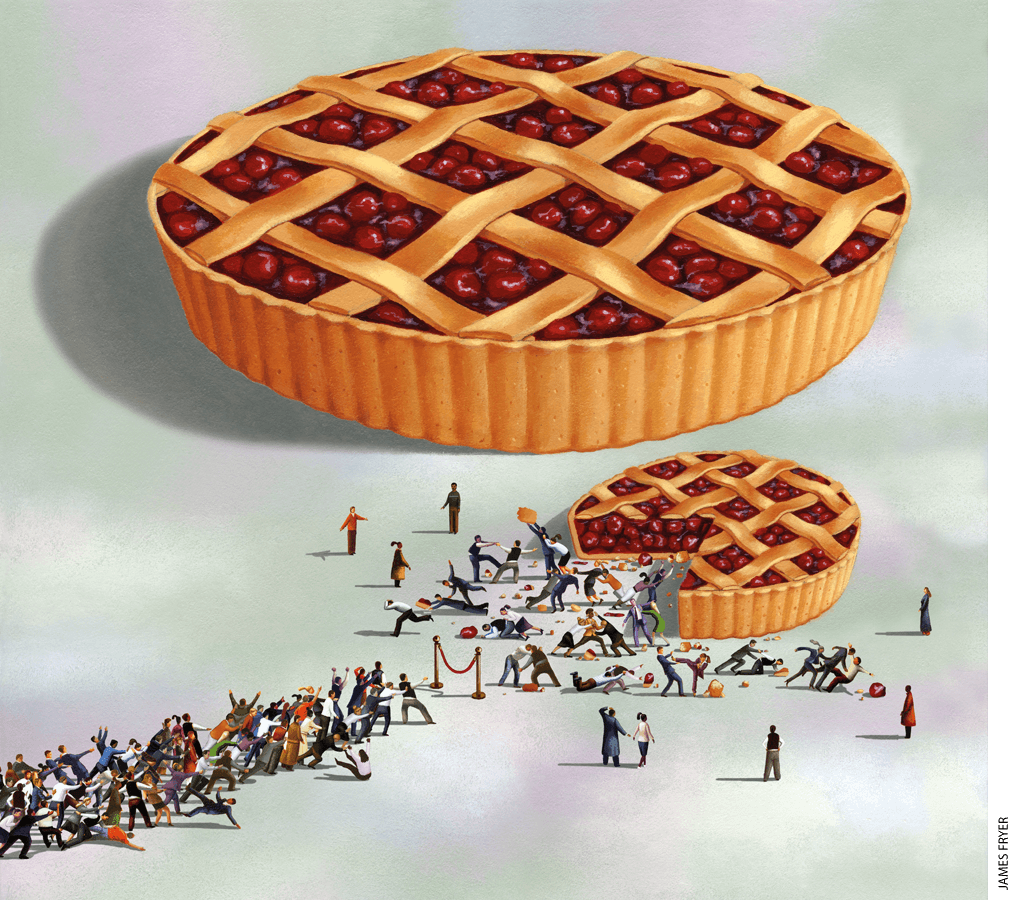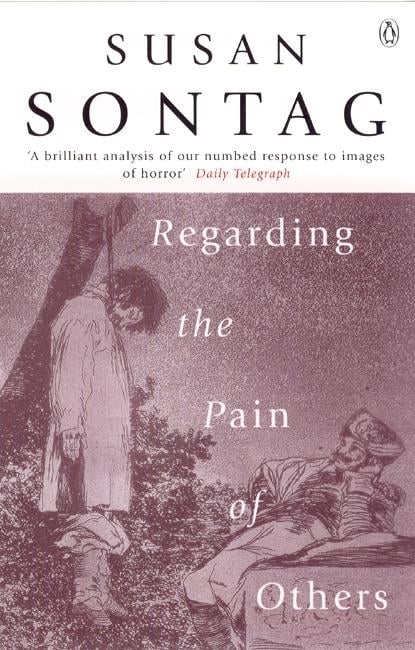Narrow Community. Political science and adjacent disciplines
0 readers
1 users here now
The goal of this community is to educate everyone (and ourselves) by sharing the articles, books and general knowledge about politics and society.
Named after a book "The Narrow Corridor: States, Societies, and the Fate of Liberty"
founded 2 years ago
MODERATORS
1
2
4
5
6
7
8
9
10
11
12
